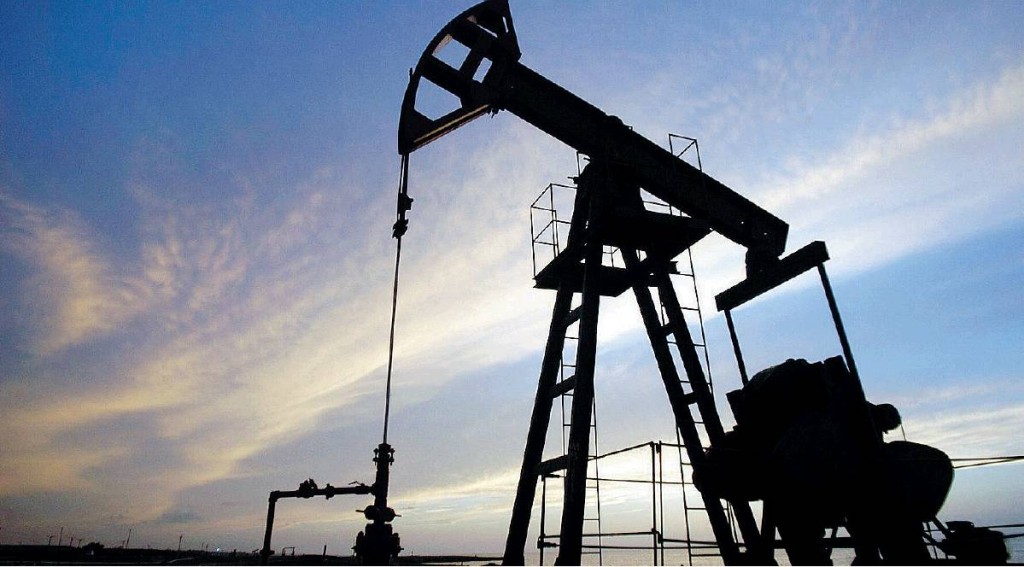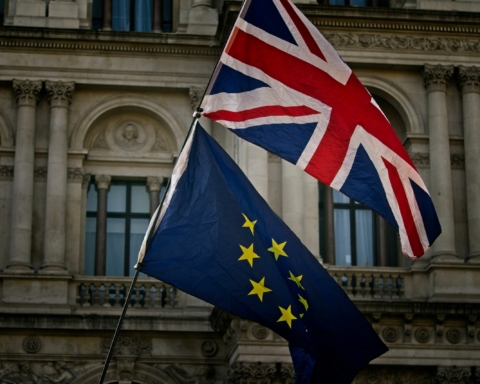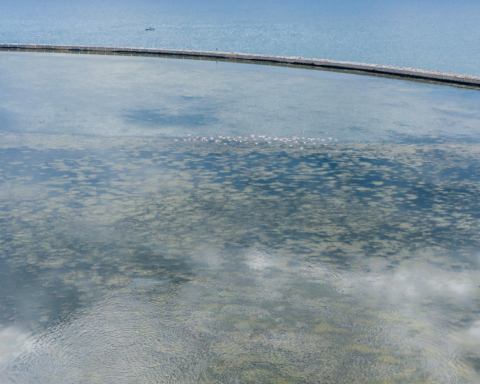There are two pieces of news about oil and gas this summer: the agreement reached between Italy and Greece on the delimitation of common territorial waters and the new attempt by environmentalists to permanently ban research in Italian waters.
According to the Montego Bay Convention, in its Exclusive Economic Zone (EEZ) the State enjoys sovereign rights both for the purpose of exploration, exploitation, conservation and management of natural resources, biological or non-biological, found in the waters above the seabed, on the seabed and in the subsoil thereof, and for the purpose of other activities related to the exploration and economic exploitation of the zone, such as the production of energy derived from water, currents and winds.
In June 2020, Italy and Greece reached an agreement on the delimitation of their respective EEZs. There are still no official maps with the coordinates of this demarcation line, but a key point was the definition of the continental shelf of some smaller islands located north of Corfu, the Diapontian islands. They represent the part of Greek territory closest to Italy and are vital for the maritime borders with Italy (and also Albania).
Italy remarked that it is “an agreement that will help Italian fishermen”, without even mentioning the fact that beneath the surface of the Ionian Sea there is a large gas reserve called Fortuna Prospect, which should be divided equally between the two countries.
Athens, on the other hand, presented the agreement as its own international success, with the reaffirmation of the application of the Montego Bay Convention in the definition of EEZs. In other words, renewing the fundamental concept that islands, even the smallest ones, contribute to the formation of these maritime areas, being endowed with their own continental shelf (something that, for example, another nation close to Greece, Turkey, resolutely denies).
Meanwhile, Greece had already begun its exploratory activities in the Ionian sea, drilling its first Fortuna Prospect wells in an area near our border. The gas reserve appears to be unique, located halfway between Italy and Greece. After the 18-month long ban on new offshore exploration plans (announced by the Italian government in March 2019), Italy had stopped all activity. Greece, instead, is pushing ahead and will take home all the gas without leaving Italy anything. The paradox is that Athens could send part of the Fortuna gas through the TAP pipeline and sell it back to our country.
In the Adriatic basin Croatia is a key player too. Even though we control over 50% of the Adriatic, we let our neighbors take the initiative; a perfect example of the NIMBY (Not In My Back Yard) syndrome.
Croatia was in the process of exploring it through Edina (a joint venture between Edison and Croatia’s Ina), but, since 2020, it has only been working for Ina. We have left ourselves out, and not only in the Adriatic.
The ban on any exploration activity at sea could turn into a disaster for Italy also from a legal point of view. The energy giants have already warned that they are ready to take the Government to court. For example, one project that has been stopped is the “Ombrina Mare” in front of the Abruzzo coast. British operator Rockhopper has referred the case to arbitration, claiming $13 million in penalties. This is what happens if the government listens to the “No drilling” movement.
We should also consider that the extraction of gas at a zero-kilometer distance would have a significant impact on port economies, in terms of maintenance, logistics, bunkering, construction, for example. Our inactivity leads to financial losses, as well as social and professional ones. Croatian, Montenegrin, Albanian and Greek ports, on the other hand, will prosper and produce wealth for companies and workers. This is a two-fold loss for us.
From 2013 to 2017, only 7 exploratory wells were drilled in Italy, and, in particular, none at sea, where the last was drilled in 2008. Not even the most virtuous countries on this issue suddenly decide to stop all mining activities.
This has brought the oil and gas industry, including the chemical industry and related production sector, to its knees. In Ravenna alone, about 7,000 workers’ jobs are on the line and would be laid off if research were to stop for good; throughout Italy, 20,000 workers are at risk.
Natural gas remains the key source of energy for the transition to cleaner energy. In 2018, Italy consumed more than 70 billion cubic meters of gas for heating, electricity, and domestic use. Let’s also not forget that Italians have already expressed their opinion on the matter. In 2016 there was a no-drilling referendum, and voters did not even reach a quorum. We need to steer away from slogans; revolutions don’t happen in a day.
It is true that the Italian government had developed a “Plan for the sustainable energy transition of eligible areas”, but we do not know the timescale for its implementation, while what is certain, however, is that the government is trying to insert a small clause in the Simplification Decree that blocks research.
Stopping exploration also affects the reliability of our supply, exposing our country to greater dependence on foreign countries. A strategic aspect that eludes many government leaders.
Politically correct environmentalism is likely to produce further unemployment and thus increase inequality. Environmental sustainability, which is a respectable goal, can only be achieved if it is accompanied by social and economic sustainability, otherwise no one will benefit.
To fully understand the magnitude of Italy’s lack of commitment, one only has to look at the Eastern Mediterranean countries, or at those in the Asia Pacific region. These countries don’t hesitate to warm up the engines of their gunboats and jets, to counteract the claims of neighboring countries on the gas reserves located in the waters of their EEZ. We, on the other hand, raise the white flag without even being attacked.
Translation by Giles Foster




